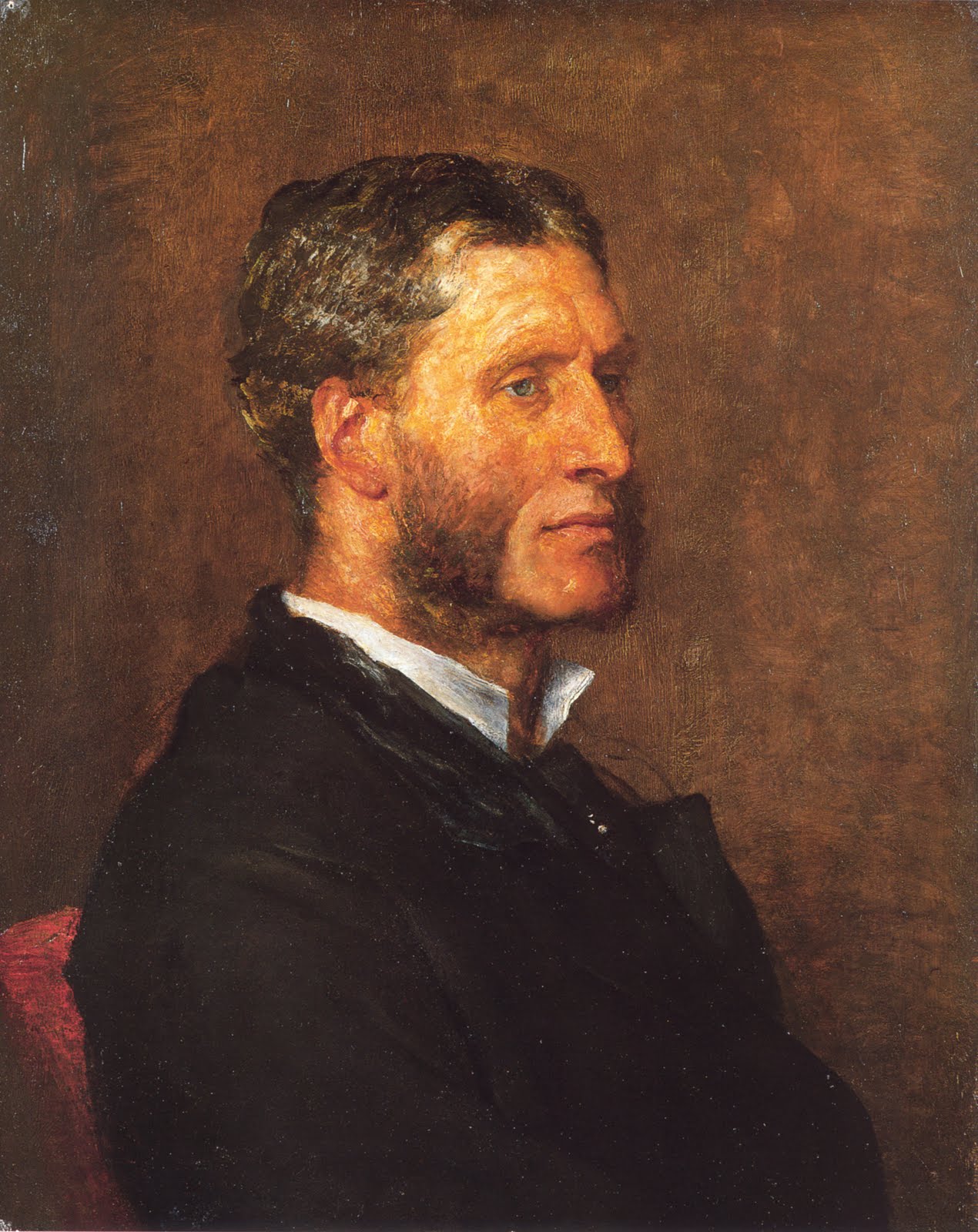Matthew Arnold, a prominent figure in the 19th century, held a dual role as both a renowned poet and a leading critic. He is commonly acknowledged as a pioneer in modern literary criticism, and his writings encompassed a wide range of topics, including social and cultural matters, religion, and education.
He expressed the view that poetry held a higher value than religion. Additionally, Arnold believed in feminist principles and was known for a quote that emphasizes the potential power of women uniting for the betterment of humanity: “If all the women come together for the betterment of mankind, that will be the greatest force ever formed.” He was also a prominent intellectual figure who contemplated mortality in his writings.
Definition of Criticism:
According to Arnold, criticism is “a disinterested endeavor to learn and propagate the best that is known and thought in the world.” Arnold believed that criticism plays a crucial role in the development of creative works.
Matthew Arnold stressed that the foremost quality a critic should possess is the continuous pursuit of “knowledge, and always new knowledge.” He maintained that “every critic should strive to embrace at least one major body of literature apart from their own, and the more dissimilar it is to their own, the more advantageous.”
He rejected the idea that personal and historical judgment alone is a valid approach and advocated for the “Touchstone Method” as the correct approach to criticism.
Influences to address criticism:
Matthew Arnold’s father, Thomas Arnold, was a renowned scholar and served as the headmaster of Rugby School. It was under his father’s influence that Matthew Arnold developed a strong interest in classical education. He gained a deep knowledge of Greek and Latin languages and literature during his formative years.
During the Victorian Age, Matthew Arnold was greatly influenced by the prevailing cultural and societal trends of the era. However, he held a critical view of the Victorian Age, and this perspective is reflected in his literary works.
Arnold’s intellectual roots can be traced back to classical writers such as Homer, Aristotle, Sophocles, and Virgil. During his college years, Arnold was recognized as one of the best scholars of classics, much like Johann Wolfgang von Goethe.
Later in his career, Arnold held a professorship at Oxford University, which further solidified his position as an influential figure in the field of literature and criticism. This academic role allowed him to delve deeper into his studies and share his insights with the scholarly community.
Literary criticism:
Arnold embarked on his journey as a literary critic with the publication of the “Preface to the Poems” in 1853. Within this preface, he attempted to explain his dramatic poem “Empedocles on Etna.”
In the subsequent years, his critical endeavors continued with the release of his lectures on the subject of translating Homer in 1861, followed closely by his publication “Last Words on Translating Homer” in 1862.
Arnold like many other critics of his time often looked at historic works and wrote personal essays. However, he didn’t stick to just literature; he started analyzing political and social issues. One of his important works, “Essays in Criticism,” which was published in 1865 and later in 1888, continues to be a big influence on critics today. In one of the essays in that collection, called “The Function of Criticism at the Present Time,” he talks about the important role critics play in finding and promoting good literature, even though he also mentions that creating literature is more important than criticizing it.
Another of his well-known essays is based on theoretical criticism “The Study of Poetry,”. He highlighted the importance of clear organization, logical progression, and straightforward writing style, which he had learned from the Greeks. Additionally, he acknowledged the significant influence of Goethe and Wordsworth on his thinking and approach to poetry. Arnold compared himself to the French liberal essayist Ernest Renan.
Social criticism:
He started with reviewing books but soon began to critique the overall thinking of his time. In the years between 1867 and 1869, he wrote a book called “Culture and Anarchy.” This book became well-known for the term he made popular to describe the middle class of the Victorian era in England. In “Culture and Anarchy,”
This book introduced several influential literary terms, including “culture,” “Barbarian,” “Philistine,” and “Hebraism,” among others. Arnold also introduced the phrase “sweetness and light,” which was originally coined by Jonathan Swift.
Philistinism: Arnold believed that wealth is mere machinery and not greatness, and the people who believe otherwise are what he terms ‘Philistinism. ‘ Arnold, seeing himself as a member of the middle class, believed that they were made up by and large by Philistines.
Hebraism: Arnold describes ‘Hebraism’ as the moral force that drives individuals to fulfill their personal and social duties, while ‘Hellenism’ represents the intellectual force that encourages individuals to pursue knowledge and beauty.
In this book, Arnold says he’s a Liberal and someone who strongly believes in the importance of culture.
Journalistic criticism:
In 1887, Arnold was credited with coining the phrase “New Journalism”, a term that went on to define an entire genre of newspaper history, Arnold had enjoyed a long and mutually beneficial association with the Pall Mall Gazette since its inception in 1865.
Religious criticism:
Under the influence of Baruch Spinoza and his father, Dr. Thomas Arnold, he turned away from the supernatural aspects of religion. He described religion as a combination of morality with feelings.
In the introduction to a book called “God and the Bible,” which he wrote in 1875, he talked about a moving sermon he heard about “salvation by Jesus Christ.” he writes: “Never let us deny to this story power and pathos, or treat with hostility ideas which have entered so deep into the life of Christendom. But the story is not true; it never really happened”. In another work called “Literature and Dogma,” he discussed similar ideas.
